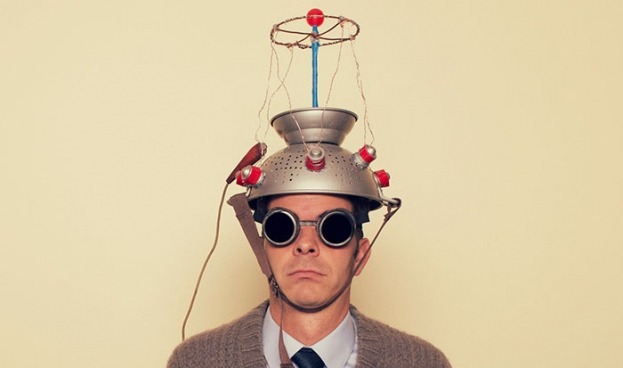In this fascinating article by Elizabeth Svoboda on Greater Good Magazine's website, she takes a brisk look at the reasons why it is so hard for us to change people's minds. Deeply held beliefs are not easily set aside; the brain is a stay-at-home kind of organ. Pre-existing beliefs took a long time to stabilize and grow, and they keep us anchored in the world. We are tribal people, and we worry about the dire effects from disloyalty to our peers. Finally, inertia can overtake those who want to update their beliefs.
What to do? "Productive exchange is more likely when there's a mutal foundation of respect and friendship," so sharing first about personal issues helps. Ask open-ended questions. Svoboda observes: "The less you try to force a particular set of views on someone, the freer they'll feel to reflect honestly what they think — and maybe even revise their thinking down the line."
To sum up, whether discussing political, personal, or spiritual matters, go slow and proceed with caution while talking about deeply cherished beliefs. Watch out for falling rocks. And remember, you never know what lies around the next bend.

 How To Change Someone's Mind
How To Change Someone's Mind